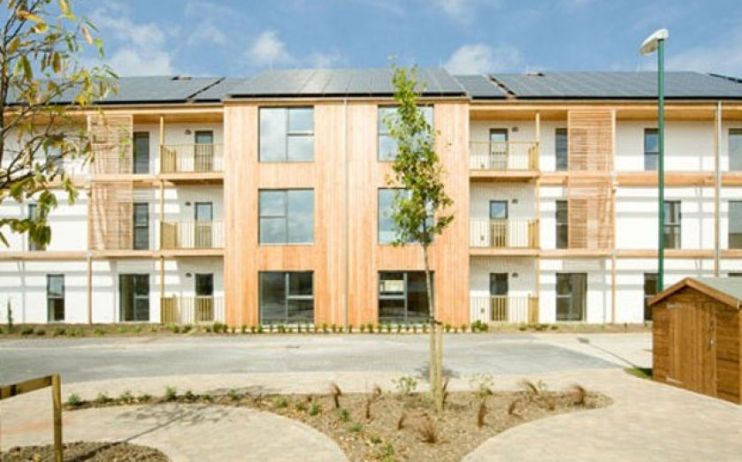Property legal Q&A: I own a flat with a share of freehold. Do I still need the landlord’s consent before I carry out structural works to my flat?

The fact you own a share of freehold does not bypass the terms of your lease. When a person owns a lease and a share of freehold they effectively wear two hats: one as a leaseholder and the other as a joint owner of the freehold. When you acquire a share of freehold, the lease of the flat remains intact. You acquire a share of freehold subject to the terms of your lease and that of any other leases registered against the freehold interest.
If the lease contains provisions that require the landlord’s consent – for example permission to carry out works or to sell or let the flat – that still remains the case.
You must assess whether you require the landlord’s consent to carry out the works – the answer will lie in your lease. If the proposed works are not permissible, the landlord can decide whether or not to grant consent and on what terms. Be warned, such terms do not need to be fair or reasonable. That said, many leases permit structural alterations provided you first obtain the landlord’s consent before commencing the works.
Assuming you do require the landlord’s consent, consider the following:
- Where the share of freehold is held jointly with other leaseholders in their individuals names (up to four registered owners), you have hopefully signed a document known as a Declaration of Trust, which sets out whether you own the freehold equally or unequally and the corresponding proportion, the basis upon which decisions are made and the mechanism to resolve any dispute.
- Where the freehold is owned through a company set up to acquire the freehold of the building, the constitution of the company will set out how decisions are made. Generally, the shareholders delegate the authority relating to day to day decisions to the board of directors.
- You need to check what your share entitles you to and to what extent you can vote or be a party to the decision making on behalf of the landlord. Either way, you need to establish how decisions are made for and on behalf of the landlord to ensure the consent has been given properly.
BDB Pitmans is a multi-disciplinary UK law firm advising private companies, public sector bodies, not-for-profit organisations and individuals since 1834. Visit bdbpitmans.com